David Tian – Emotional Mastery Course
$499.00 Original price was: $499.00.$14.00Current price is: $14.00.
David Tian Emotional Mastery Course [Instant Download]
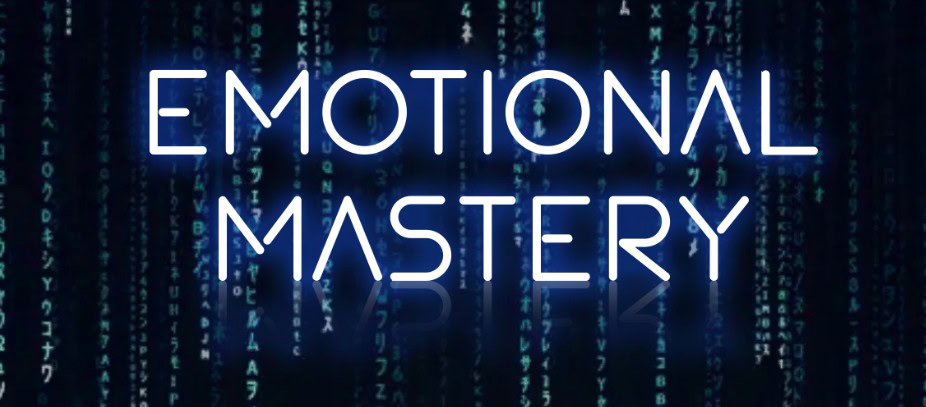
What is David Tian Emotional Mastery:
David Tian’s Emotional Mastery is a course that teaches you how to control your emotions and transform your relationships using DBT, IFS, and CBT therapy techniques.
The program shows you how to master four essential skills: being aware in the present moment, building emotional resilience, controlling emotional intensity, and influencing others authentically.
You’ll learn through practical exercises and weekly meditations, all designed to help you regulate emotions effectively and create deeper connections with others. The course provides step-by-step guidance using proven psychological methods that work.
📚 PROOF OF COURSE


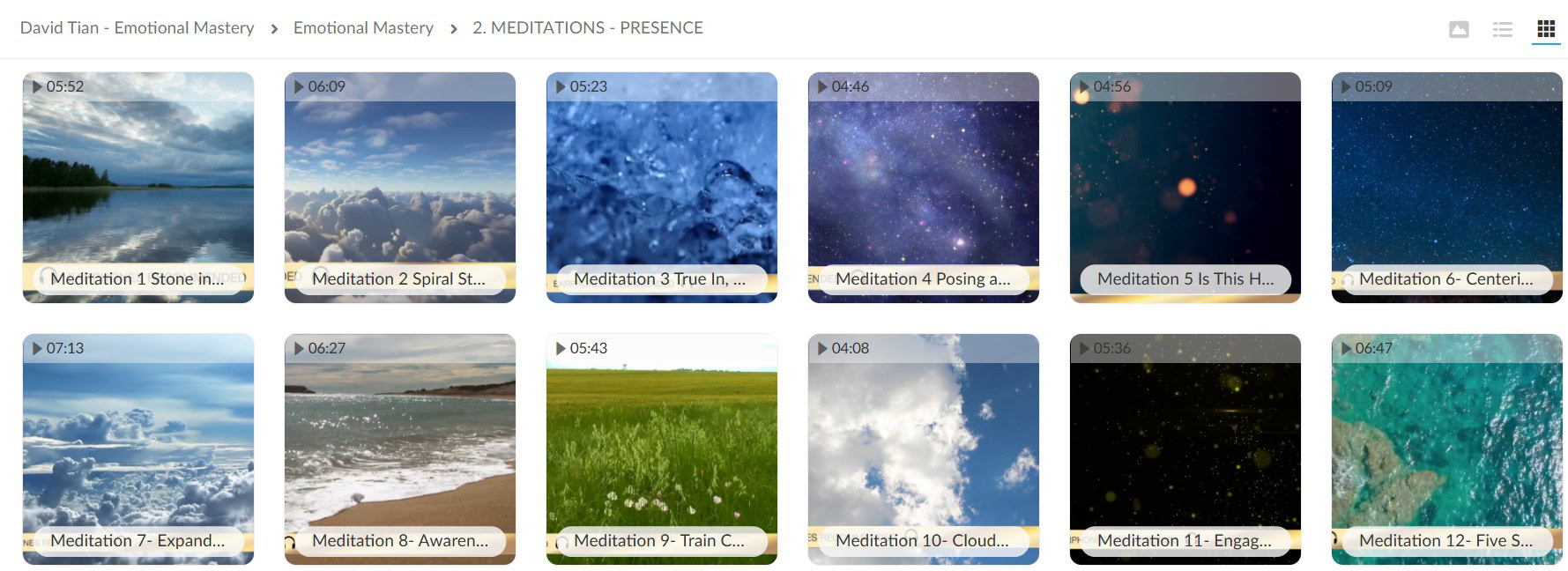
What you’ll learn in David Tian Emotional Mastery:
Emotional Mastery gives you proven tools to understand and control your emotions better. In this program, you’ll learn:
- Present Awareness: Learn to stay fully aware of your emotions in the moment, without avoiding or denying them
- Emotion Endurance: Develop the strength to handle difficult emotions and stay calm under pressure
- Emotion Titration: Master how to adjust your emotional intensity whenever you need to
- Interpersonal Influence: Learn to connect with others and influence their thoughts and feelings naturally
- Meditation Practice: Get new guided meditations each week to deepen your emotional understanding
Whether you’re just starting or already familiar with emotional work, this program will help you build stronger relationships and better emotional control.
David Tian Emotional Mastery Course Curriculum:
✅ Section 1: Emotional Mastery
This comprehensive program develops emotional intelligence through systematic skill-building. Participants progress from foundational awareness techniques to advanced emotion regulation strategies, supported by extensive guided meditations. The curriculum balances conceptual understanding with practical application, helping students transform their relationship with emotions in daily life.
Module 1.1: Presence
Teaches fundamental awareness skills for observing thoughts and emotions without judgment. Students learn specific techniques for directing attention, describing experiences, and engaging mindfully with both internal states and external reality. These core practices establish the foundation for all advanced emotional mastery work.
Module 1.2: Meditations – Presence
Provides 14 guided meditation practices reinforcing presence concepts through experiential learning. Exercises include visualizations connecting to higher self, techniques for expanding awareness, and practices for deepening connection with surroundings. These meditations help internalize the theoretical concepts from Module 1.1.
Module 1.3: Endurance
Focuses on sustaining emotional stability during challenging situations through systematic approaches. Students learn frameworks for creating space between stimulus and response, making balanced decisions, and incorporating physical techniques for regulation. These skills build resilience against emotional overwhelm.
Module 1.4: Meditations – Endurance
Offers 8 guided practices specifically designed to reinforce emotional endurance concepts. Meditations emphasize pausing during reactions, accepting emotional states, and using body-based techniques like breathing and progressive relaxation. These practices help students embody the endurance principles in real-life situations.
✅ Section 2: HEART
This relationship-focused program guides participants through understanding and transforming their intimate connections. The curriculum progresses from examining personal needs to creating inspiring relationship visions, with practical exercises throughout. Students develop concrete skills for building healthier, more fulfilling partnerships.
Module 2.1: Welcome to HEART!
Provides a comprehensive introduction to the HEART program philosophy and structure. Students receive orientation materials explaining the course journey and how each component contributes to relationship transformation. This foundation ensures participants understand the program’s approach and intended outcomes.
Module 2.2: Needs & Neediness
Explores the fundamental concept of personal needs and how they influence relationship dynamics. Students learn to recognize unhealthy attachment patterns and distinguish between authentic needs and dependency. This module establishes critical self-awareness for all subsequent relationship work.
Module 2.3: Needs in a Relationship
Examines how personal needs manifest within partnership contexts through six sequential lessons. Students explore communication patterns, expectation management, and mutual support dynamics. This comprehensive exploration helps identify both constructive and destructive relationship patterns.
Module 2.4: Neediness Antidote
Provides transformative practices to shift from unhealthy neediness to secure attachment. Through preparation and guided meditation, students experience practical techniques for developing greater emotional autonomy while maintaining healthy connection. This work directly addresses core relationship challenges.
Module 2.5: Trust, Love, and Intimacy
Explores the essential foundations of fulfilling relationships through interconnected lessons. Students learn how trust serves as the foundation for love, which enables genuine intimacy. The module provides concrete strategies for nurturing these qualities in existing or future partnerships.
Module 2.6: Your Relationship Vision
Guides students through a structured process of creating intentional relationship goals. Through preparation, meditation, and integration practices, participants develop clear visions for their ideal partnerships. This conscious approach to relationship design helps align actions with authentic desires.
Module 2.7: Letting Go
Teaches the essential practice of non-attachment in relationships. Students learn why releasing unhealthy control and expectations creates space for authentic connection, followed by a guided meditation for embodying this wisdom. This module addresses a core challenge in relationship development.
Module 2.8: Congratulations and Next Steps
Provides closure to the program while establishing ongoing growth pathways. Students receive encouragement celebrating their progress along with recommended resources for continued development. This module ensures the learning journey extends beyond the formal program.
Module 2.9: All Action Sheet Downloads Here
Contains comprehensive support materials including presentation slides and practical worksheets. Students access structured tools for implementing program concepts, allowing for deeper integration of key principles. These resources enhance learning retention through practical application.
Who is David Tian?
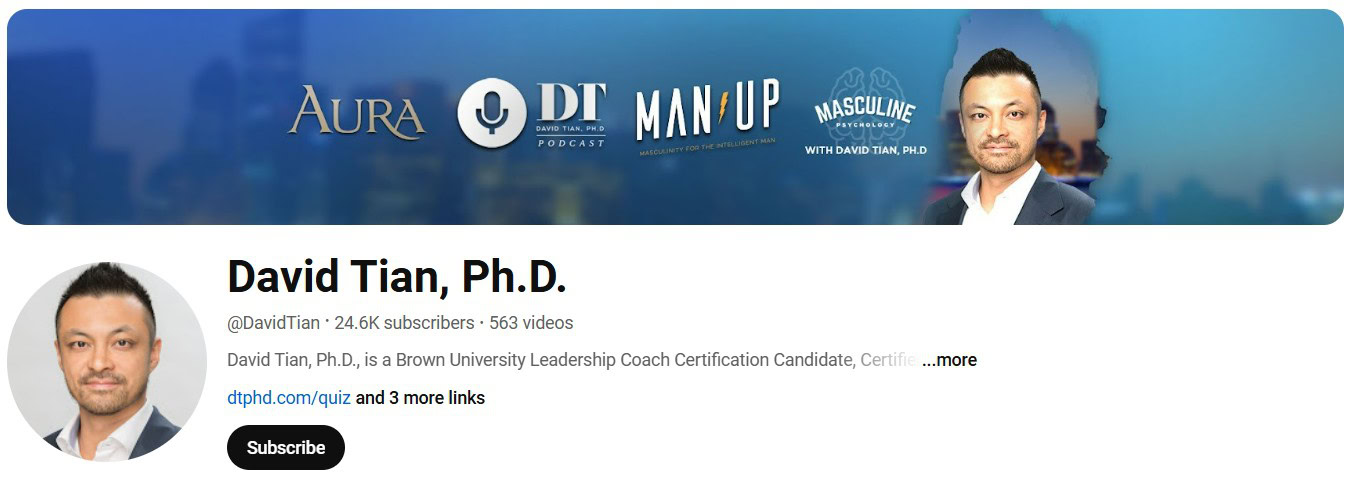
David Tian, Ph.D., is a leadership coach and Certified IFS Therapy Practitioner who has helped over 100,000 people from 87 countries improve their emotional well-being and relationships.
He earned his Ph.D. from the University of Michigan and has studied at Harvard, Princeton, and the University of Toronto. His 15 years of experience includes advanced training in multiple therapy methods like IFS, DBT, CBT, and Schema Therapy.
David specializes in making complex therapy techniques simple and practical. He combines his academic knowledge with real-world experience to help people transform their emotional lives and relationships.
Be the first to review “David Tian – Emotional Mastery Course” Cancel reply
You must be logged in to post a review.
Related products
Emotional Connection
Emotional Connection
Emotional Connection
Chemistry Building
Emotional Connection
Emotional Connection
Personal Development
Emotional Connection

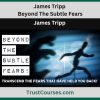
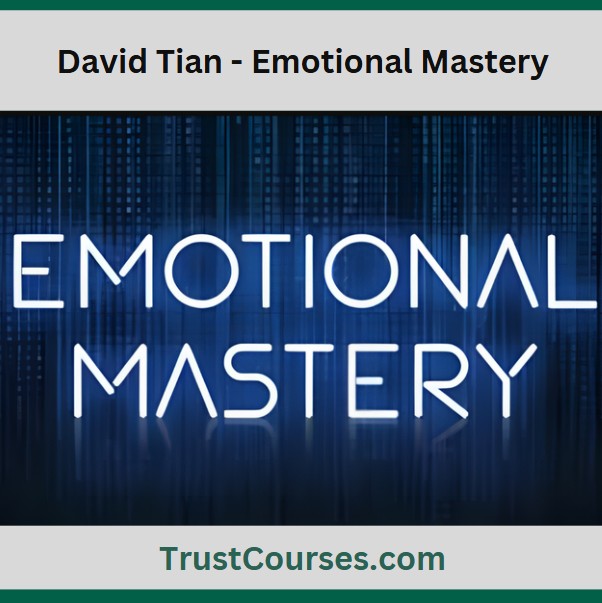
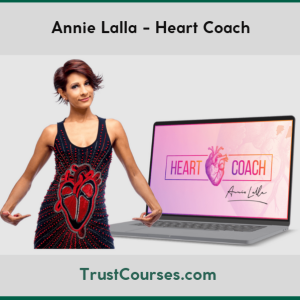
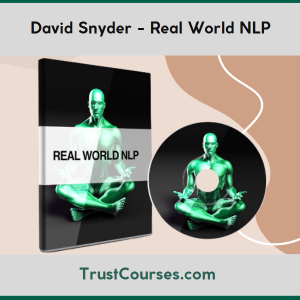
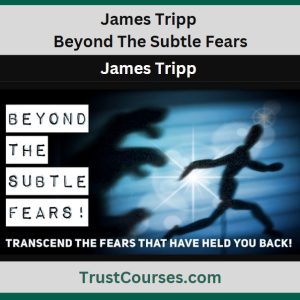
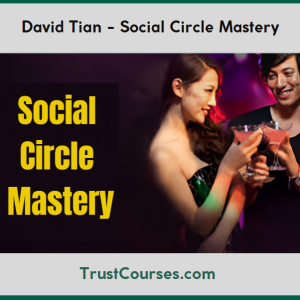
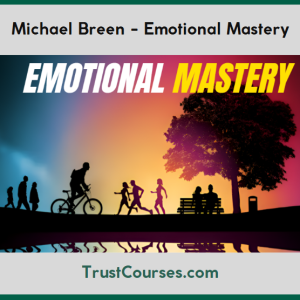
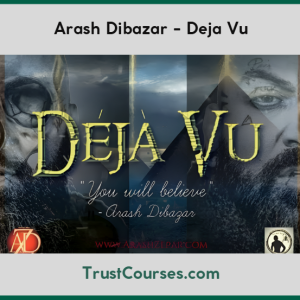
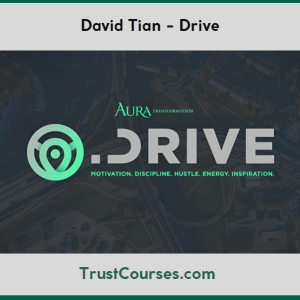
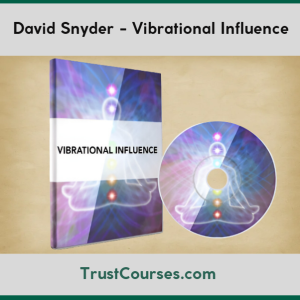
Reviews
There are no reviews yet.